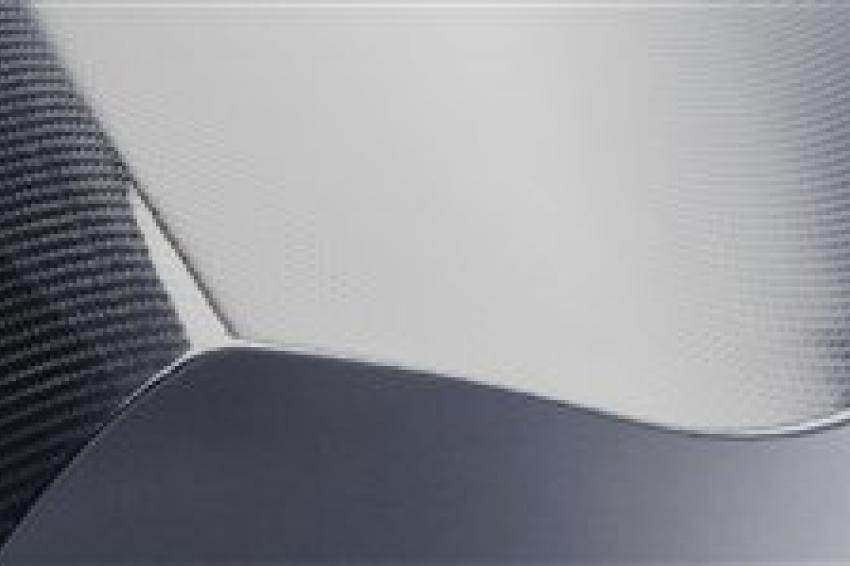Evonik With New Composite Molding Technique
25.01.2017 -
German chemical producer Evonik has combined two traditional production techniques to develop a new method of mass-producing complex molded composite parts. The PulPress method combines compression molding and pultrusion to make automated, continuous production of composite parts possible at a “reasonable” price, taking the technology from the high-end market to large-scale production.
The most important raw material in the process is Rohacell, Evonik’s high-performance rigid structural polymethacrylimide foam, which is temperature resistant and retains its shape. In the Pulpress method, fibers are woven around the foam core before being impregnated with resin. The complete system is then compressed into the desired shape at high temperature and pressure, allowing manufacturers to produce complex geometries and integrate recessed areas for threaded components or other fixtures.
The German specialty chemical producer said “particularly impressive” aspects of the process are its design flexibility, cost efficiency and the crash behavior of the resulting composite parts, which it maintains are about 75% lighter than those manufactured from traditional steel. In addition, the PulPress method is claimed to cut costs by up to 60% compared to composite parts made using established processes such as resin injection.
“These advantages have already won over a large number of customers in the European automotive industry," said Sivakumara Krishnamoorthy, manager for new applications at Evonik Resource Efficiency, adding that molded parts made using PulPress will soon be going into mass production.
Manufacturers outside the automotive industry are also showing interest in PulPress, according to Evonik. It said the process could conceivably be applied in aircraft construction as a cost-effective method of producing large numbers of carry-over parts. In addition, lightweight sandwich cores are becoming increasingly important in sports equipment.
Last November, Evonik announced it was planning to expand capacity for Rohacell at Darmstadt, Germany, by about 20% as it responds to steady global demand growth. In a first phase, new equipment is planned to be installed and operational by the second half of 2017.





